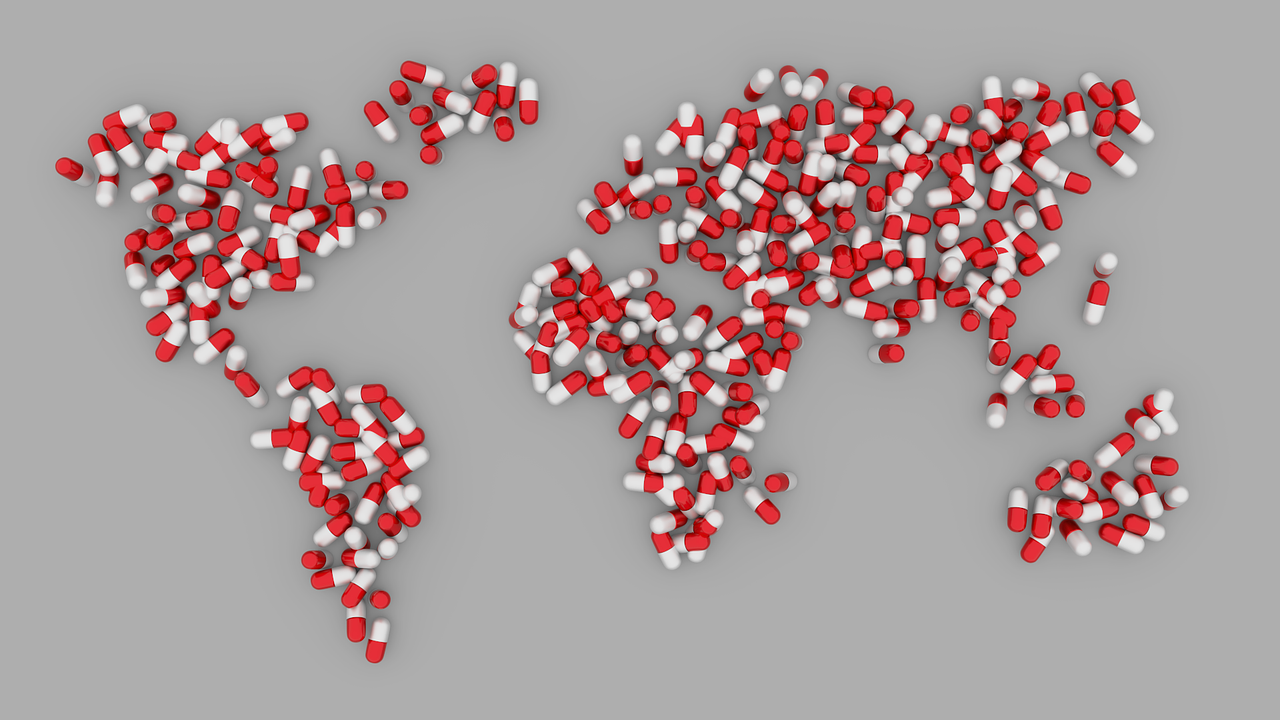Intellectual property and other market rights can limit the availability and accessibility of protected health technologies as they grant exclusivity of manufacturing and commercialization. There are measures that can be used to allow for production and/or importation from a broader range of producers, such as compulsory licenses. It has been, and remains, a contentious topic, as still seen today regarding its use in the context of the COVID-19 pandemic. Eduardo Urias will discuss the findings of a recent study analysing the evidence on the impact of compulsory licensing on drug prices and options to address some of its limitations, such as procedural refinements to ease its implementation and the development of technological and manufacturing capabilities in developing countries. Danielle Navarro will present a synthesis of the available literature on the effects of compulsory licenses and identified limitations and challenges regarding its implementation.
Speakers
- Eduardo Urias, Assistant Professor, Faculty of Science, Athena Institute, VU University Amsterdam
- Danielle Navarro, Research Assistant, Global Health Centre
- Moderator: Marcela Vieira, Researcher and Project Coordinator of the Knowledge Network for Innovation and Access to Medicines, Global Health Centre
Event Materials
- Urias Eduardo and Shyama Ramani (2020) Access to Medicines after TRIPS: Is Compulsory Licensing an Effective Mechanism to Lower Drug Prices? A Review of the Existing Evidence, Journal of International Business Policy.
- Navarro Danielle, Marcela Vieira, Suerie Moon, Adrian Alonso Ruiz and Anna Bezruki (2021) Research Synthesis: Compulsory Licensing, Knowledge Portal on Innovation and Access to Medicines , Global Health Centre.
- Biographies of Speakers
- Presentation by Eduardo Urias
- Presentation by Danielle Navarro
- Q&A Session with the Participants






